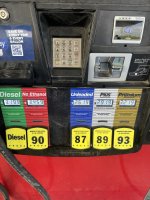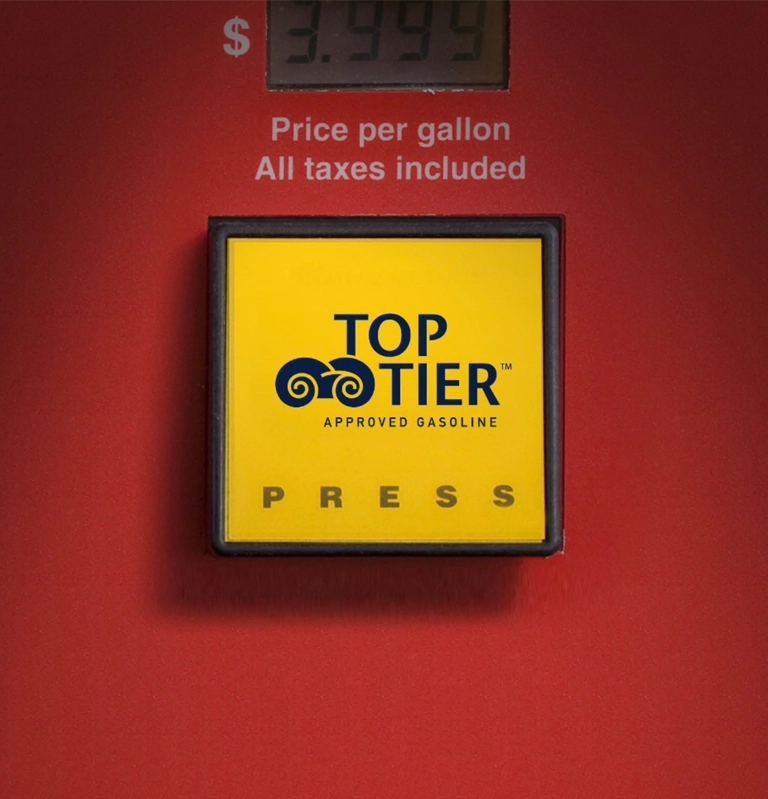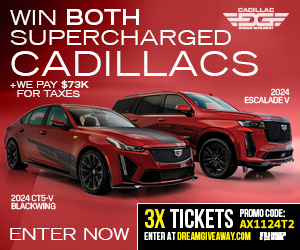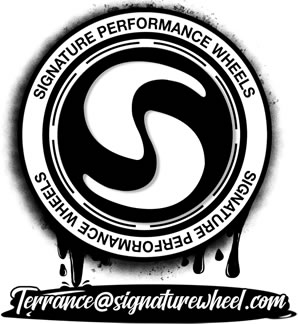ajtx00
Active Member
So I stopped at a QT in Hutto/Pflugerville, TX and they had 4 gasoline options. Anyone ever use 90 in there BW? I’ve always put 93 but I’ve never seen a gas station with more than 3 options. I’m curious to know what 90 does to the engine (I’m thinking less performance IMO).






